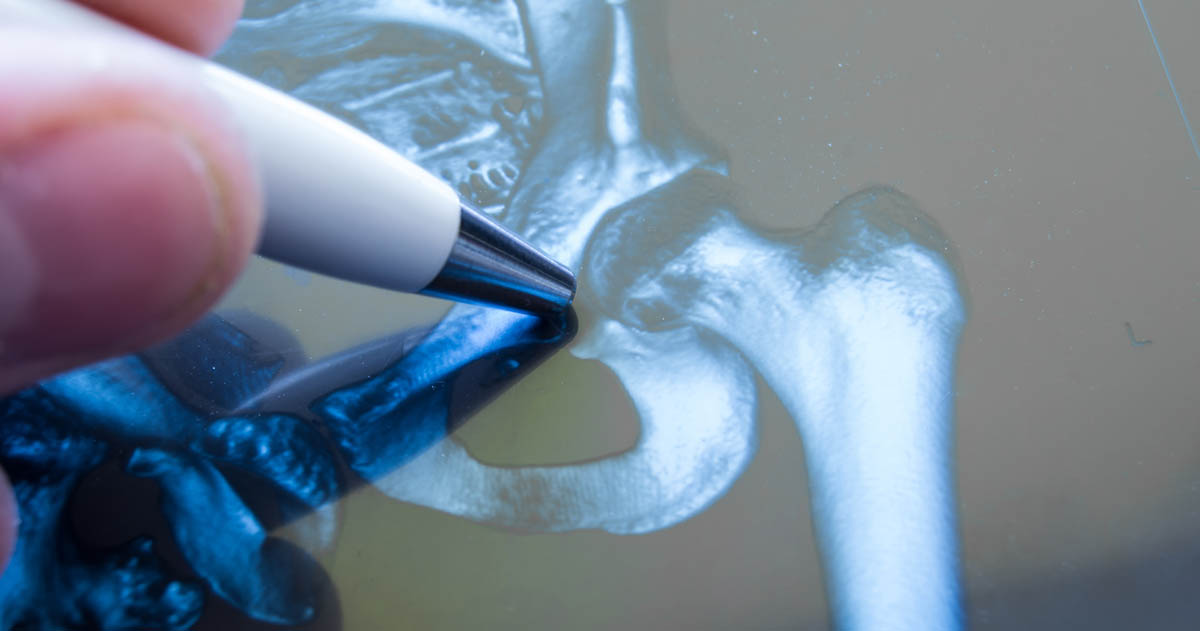Warning Signs Of Osteolysis
Bone Loss

The loss of bone around an implant due to osteolysis can be treated in many ways. Bone grafts, either using bone obtained from the patient (autografts) or donated cadaver bone (allografts) can be used to restore sufficient bone to allow a new implant to be placed in the affected joint or to stabilize the current implant. However, bone grafts have quite a few disadvantages, such as bacteria present in cadaver bone and morbidities due to harvesting bone from other sites on the patient. Because of these disadvantages, synthetic substitutes are generally preferred. Synthetic substitutes can be molded into the desired shape and size and placed around the implant, where they can temporarily stabilize the implant while encouraging the body to grow new bone into the substrate to permanently anchor and secure the implant.
Get to know more warning signs of osteolysis now.